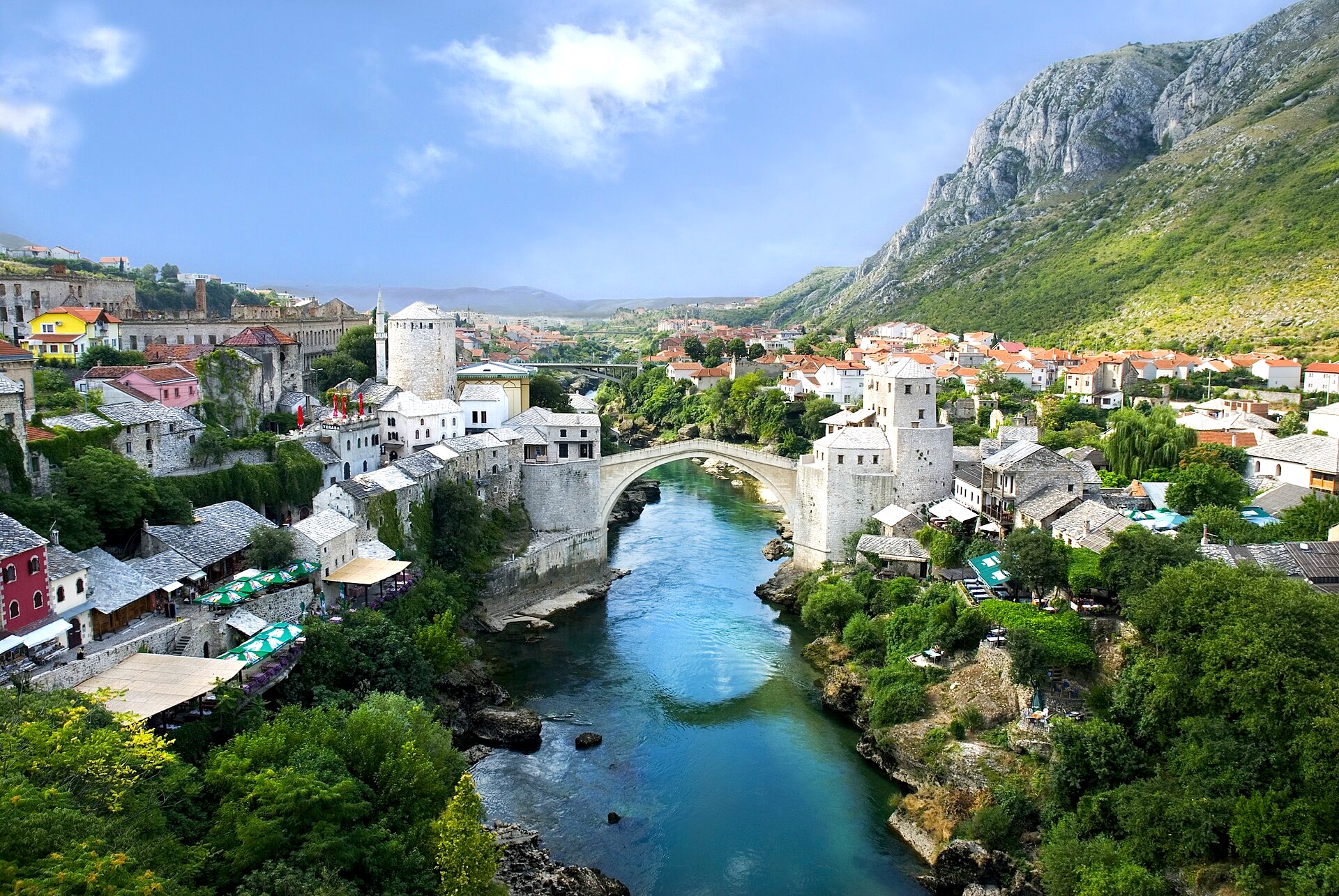

Hungary has a peculiar relationship with the Habsburg Empire. It seems to distance itself from it, as if it had not really been a part of it. Differences made, this relationship is sometimes reminiscent of the difficult one that exists today between Hungary and the European Union. We asked Gabor Egry, a historian and director-general of the Institute of Political History in Budapest, to explain us how Hungary sees the Habsburg Empire today.
I think the best starting point is education. In history textbooks, people learn the most about the Empire and it also gives them the incentives to explore the tangible heritage in their more immediate environment. Hungarian textbooks describe Hungary’s history as the history of a country that was practically a self-standing entity since the foundation of the Kingdom of Hungary [in the year 1000]. It’s as if Hungary was always an independent country within the Habsburg Realm, both before and after the Compromise. So, Hungarian history is somehow separate from the history of the other half of the Empire, while the history of the Non Hungarians within Hungary is also dealt with only tangentially.
However, this approach lacks today some elements that were constitutive of Hungarian historical narratives in the 19th century or even in the interwar period, and that were more critical of the Empire. For example, we don’t see very often anymore the idea of a German or Habsburg colonization of Hungary in the 18th century or the lack of support by the Habsburg court to Hungary during the Ottoman rule of most of central Hungary. This kind of critical take on the Empire receded, it is much less present than it was in past, even when I was attending school in Hungary. Today, the Habsburg times, especially the last part, the dualist era, are seen as a period of development, but the Habsburg role in oppressing the 1848 revolution period is still treated more critically. For example, it’s important to notice that the 6th of October, the day of the execution of 13 Hungarian generals in 1849 in Arad (Romania), is a national day of mourning in Hungary [since 2001].
No, or very rarely. Maybe you can find some people who would talk about it in that way when it comes to Slovaks, Romanians or Serbs, but Croats, Italians, Slovenes… they’re completely out of the picture. It is probably also a retroactive effect of what Hungary is today, meaning a much smaller country than it was. It’s almost completely homogeneous in ethnic terms as opposed to the multiethnic composition of the country before the First World War. And it seems to be very hard to think about the past country as different from what it is now.
There are some. For example, the apple strudel is usually recognized in that way, as well as the Wiener Schnitzel, which is even called in Hungarian Bécsi szelet. But in other cases, for example goulash, people would think of it as typical Hungarian dish, and the variety available in Austria is a heresy – “that’s not goulash at all”, people would tell you. Stuffed cabbage, I think, could also fit in this second category. It’s very typical in the Hungarian part of the Empire and is anything but originally Hungarian, but most people would consider it a national dish.

I wouldn’t call it nostalgia. It is true that there are quite a few streets in Hungarian cities named after Elizabeth (while the Francis Joseph ones disappeared), but there is no longing for the past because, as I tried to explain, the past is conceived as a Hungarian past and not an imperial past. There is though a kind an image of this past that was comfortable and convenient, in a material sense and in terms of the imagined absence of tensions. And Elisabeth’s image is the female moderating force who helped to find the compromise. Which is seen as the starting point of an era of gradual accumulation of wealth and personal upward trajectories, even if it is not necessarily true for the specific families. And this was followed by something that is now conceived as the major tragedy of Hungarian history: the end of the First World War and the destruction of Hungary, so that obviously reinforces this feeling.
Let’s say that it makes it easier to mobilize a large part of Hungarian society with slogans such as independence and sovereignty and defense against colonizing measures. These slogans ring a bell because people already heard of something like that. For example, as I mentioned, Hungary was allegedly colonized by the Habsburgs in the 18th century. That’s something voters recognize : this struggle for independence and against colonization. Learning that the Habsburg rule was made of repeated attempts of incursion on the rights of an independent Hungary instills the idea that independence is somehow a threatened species that needs protection.
No. There was a very short period at the end of the 17th century when the Habsburg court really tried to dismiss almost all legal constraints that Hungary’s peculiar feudal legal framework meant for the power of a ruler. But after a long and relatively large uprising of Hungarian nobility, they gave up on this idea already in 1711. Then, there were always tensions between new ideas since the 18th century. For example, on one side the wish [from Vienna] for a more centralized government at the time of so-called enlightened absolutism, and on the other side the tendency within Hungarian Noble politics to preserve the constitution and the rights of the diet, their parliament. Later, under Joseph II, there was the battle between Hungarian and German as the official language in Hungary. But all this is very far from a colonial rule. And it’s also very hard to conceive these conflicts as conflicts between some good progressives and bad reactionaries. Intentions and ideas of the future were more mixed on both sides not to speak of the period when it becomes evident that nationalism and nation building is one of the potent new forces of society.